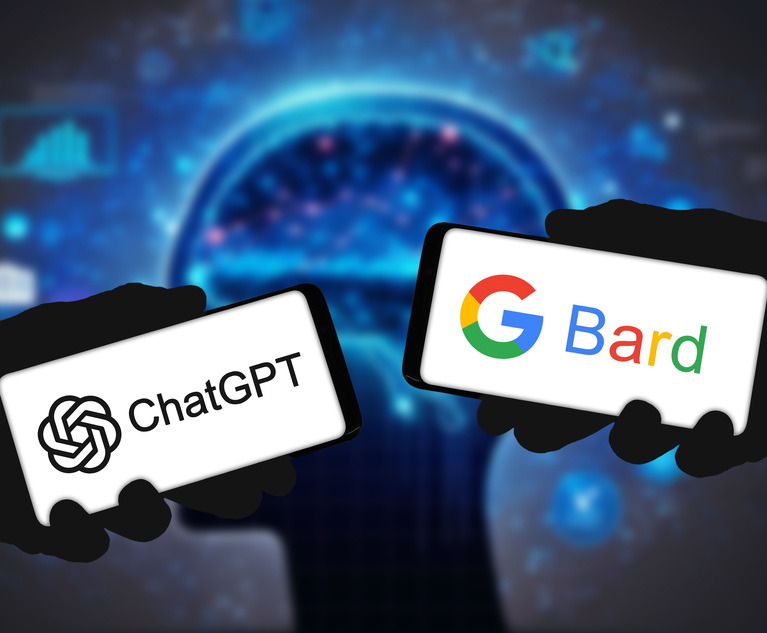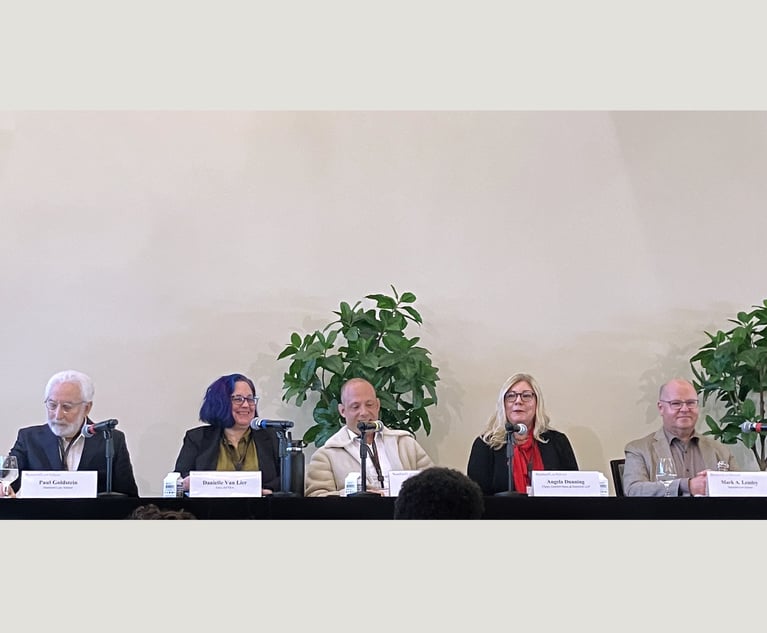Since OpenAI’s ChatGPT burst on the scene in late November 2022, generative AI has been all the rage. It didn’t take long for players in the legal industry to jump on board and start incorporating the popular chatbot and its underlying AI models into products designed to make legal work easier.
Big Tech made even bigger moves. Microsoft launched Azure OpenAI Service, doubled down on its investment in OpenAI and incorporated ChatGPT’s underlying models into an upgraded version of search engine Bing. Google reportedly issued an internal “code red” and shortly thereafter announced Bard, its own counterpart to ChatGPT, based not on OpenAI’s GPT-3 models, but its own LaMDA (short for Language Model for Dialogue Applications) AI language model. Garnering less fanfare, China’s Baidu Inc. has also been working on large language models for years, including the ERNIE 3.0 model.

 (Credit: gguy/Adobe Stock)
(Credit: gguy/Adobe Stock)








